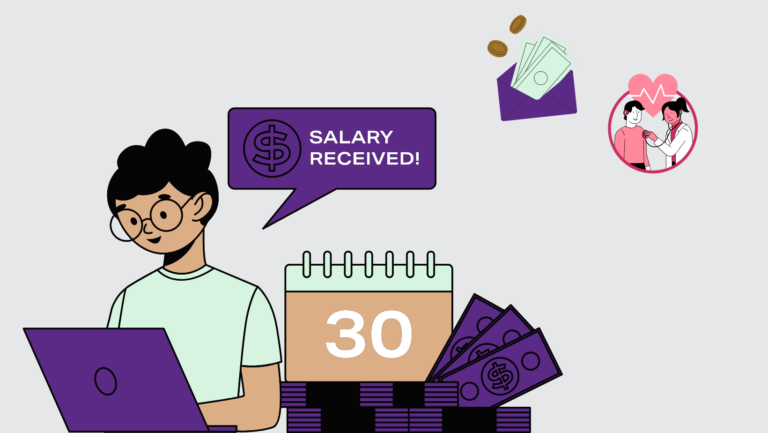We all deserve to live our life to the fullest. Whenever in need, mental health services should be affordable & accessible to every one of us, one way or another. What should you choose? Coaching or therapy? We explain the differences between the two, and on the way make some predictions about the future of mental care.
Supply-and-demand gap in therapy
There is often a mismatch between the need and the available resources. In psychology practice, the long training, along with the limited number of patients each therapist can take, have contributed to the huge supply-and-demand gap.
In parallel, mental wellbeing awareness, and therefore the need for therapy, are growing rapidly.
The numbers speak for themselves: at the beginning of 2019, The US had an average of only 3 psychologists per 10,000 people. Over 115 million Americans live in “shortage areas”, meaning, they enjoy a ratio that is smaller than 1 psychologist per 30,000 residents.
According to the CDC report (2020), 57.2% (over 26 million) of US adults with a mental illness received no treatment during COVID-19. Over 4.7 million of them were also uninsured, and therefore didn’t have access to affordable care.
The CDC’s projections indicate an immense shortage of mental health providers to meet the demand in 2030.

Accessibility of Therapy
This gap is important to understand, mainly because it makes a psychologist visit more expensive and very hard to schedule.
While over 26 million Americans remain untreated, something has to take over this gap. We all deserve to be happy.

Coaching or Therapy
Mental health is a broad spectrum. Throughout our lifetime, we all might be in need of professional therapy at one point. In other cases, we might just need a small level of support, or even just mental wellbeing practice & skill-building.
Coaching can be very useful for self-improvement and skills building, and even sometimes for preventative care.
In fact, some solutions in the market offer both coaches and therapists and allow users to change the level of care according to their current needs. This movement between different levels of care can change the availability and cost of care dramatically.
You can find many of these online solutions here.

Self Guided tools
Self-guided tools can also be a useful way to get care without waiting for months to get a therapist appointment, and may also be used as a post-therapy solution or during therapy, for the “downtime” between sessions.
Whatever you decide, take into account that many mental health tools are out there for you, and MindTech Guru is here to support you in this journey 🙂




